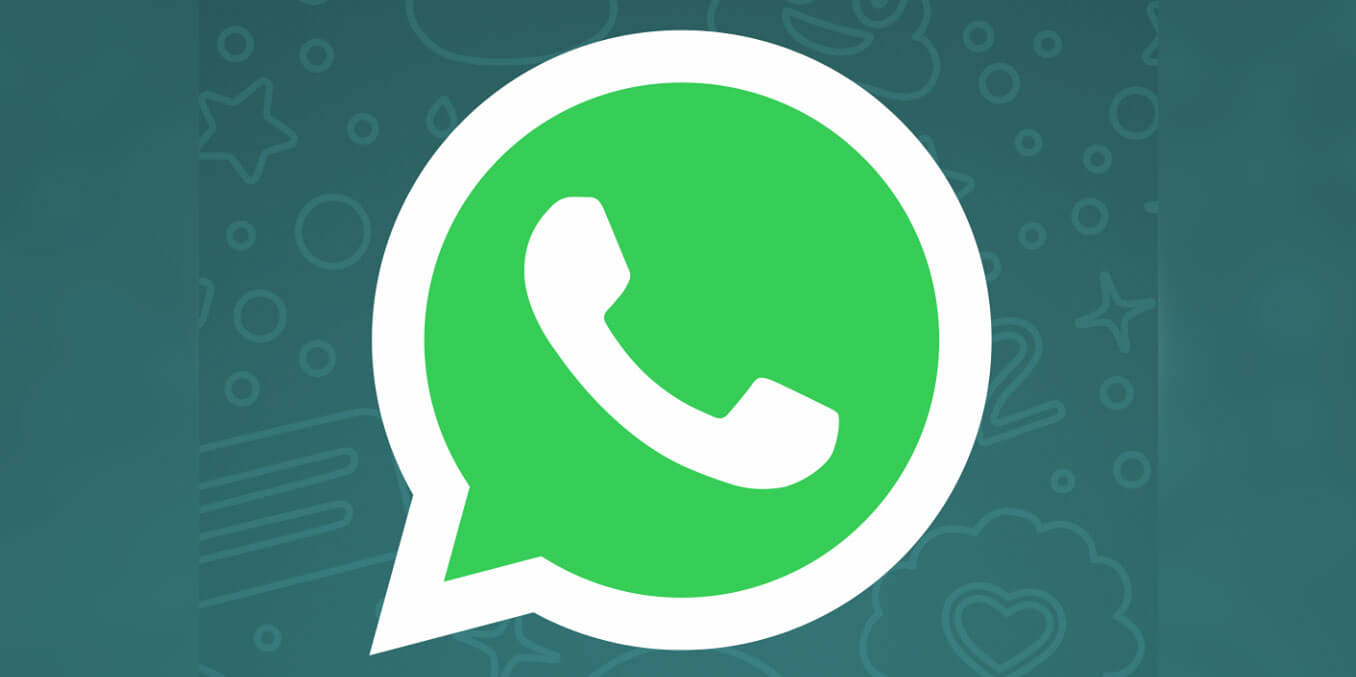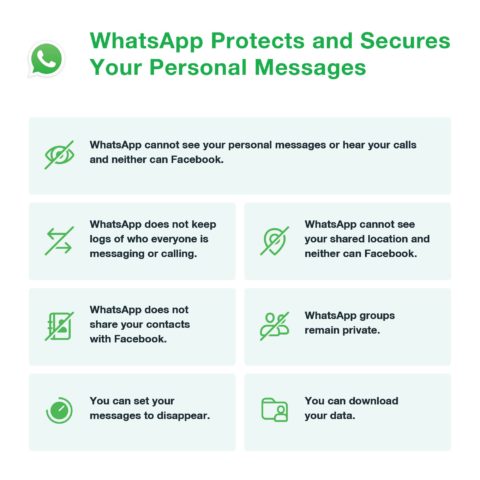WhatsApp, one of the most popular messaging platforms in the world, is going through a tough time at the moment. Millions of users recently left the app in favor of privacy-focused alternatives such as Signal and Telegram. All this is in response to a confusing privacy policy update from WhatsApp that has users worried their data and private chats are being shared with parent company Facebook.
But is that true, and how concerned should you be about it if so?
The answer is complicated, but the important thing to know is that a lot of misinformation is swirling around the internet. Complaints about this new policy have spread like wildfire, but in reality, very little is changing and your private conversions in WhatApp remain fully encrypted end-to-end. Meaning they are not visible by WhatsApp, Facebook, or anyone else.
The recent privacy policy – one that users must agree to by February 8th [update: this has been pushed back to May 15th] when it formally rolls around – brings in new elements regarding discussions with businesses in WhatsApp. User-to-business chat is a new feature coming to the app, and in cases where a business’ chats are routed via its Facebook presence, those conversations will be saved and potentially shared with Facebook. That’s the new policy in a nutshell. If you’re not comfortable with it, you can simply avoid talking to businesses via the app – your private conversations aren’t affected.
However, it’s worth knowing that some data is shared between the companies and has been for many years. The new privacy policy changes its wording to make these relationships more clear, and some users have therefore assumed it’s a new thing. It is not. But the fact remains that some of your personal data – principally your name and phone number – gets shared with Facebook and mostly likely used for ad targeting. This means that even if you don’t use Facebook itself, Zuckerberg and co know these details if you use WhatsApp. Apple’s App Store privacy tags also reveal that a user’s device ID and “usage data” are potentially stored and shared for ad-targeting purposes.
If that doesn’t wash with you, then certainly switching to a new chat app could help (and we’ll have an in-depth guide to the best alternatives coming soon). But the rumors that WhatsApp is reading your messages or sharing your contacts list with Facebook are false. Its encryption methods make this impossible. If you’re going to boycott the service, make sure you’re doing it for the right reasons.
It’s no wonder users are skeptical, considering Facebook’s many privacy debacles in the past. But if you want to know more, WhatsApp has released a detailed FAQ in an attempt to explain more clearly exactly what measures it takes to ensure your chats remain private.


